
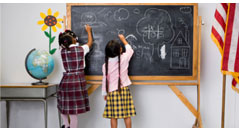
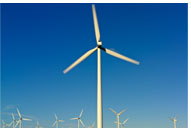
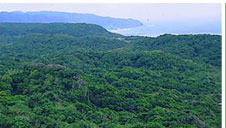
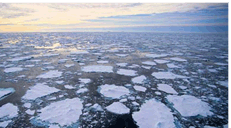
| Chief Guest at the 5th Science Teachers Congress of Delhi State Science Teachers’ Forum | ||||||||
Chief Guest at the 5th Science Teachers Congress of Delhi State Science Teachers’ Forum Dr. (Mrs.) Malti Goel, Emeritus Scientist, Government of India and President, Climate Change Research Institute was invited as Chief Guest to the SCIENCE TEACHERS’ CONGRESS-2018, organized by Delhi State Science Teachers’ Forum (DSSTF) held at Vivekanand School, Anand Vihar, Delhi held on October 29, 2018. The theme of the congress was ‘Science and Technology Literacy for National Development’. In her address Dr Malti Goel while thanking the DSSTF, said that one of the main finding of ‘Rethinking Schooling’, a study by UNESCO is that current pattern of education is aimed at development, which is essentially economic development. This pattern of ‘economic’ development has given rise to all round environmental stress. The goal of education has to change to be ‘sustainable’, for the national development.
|
||||||||
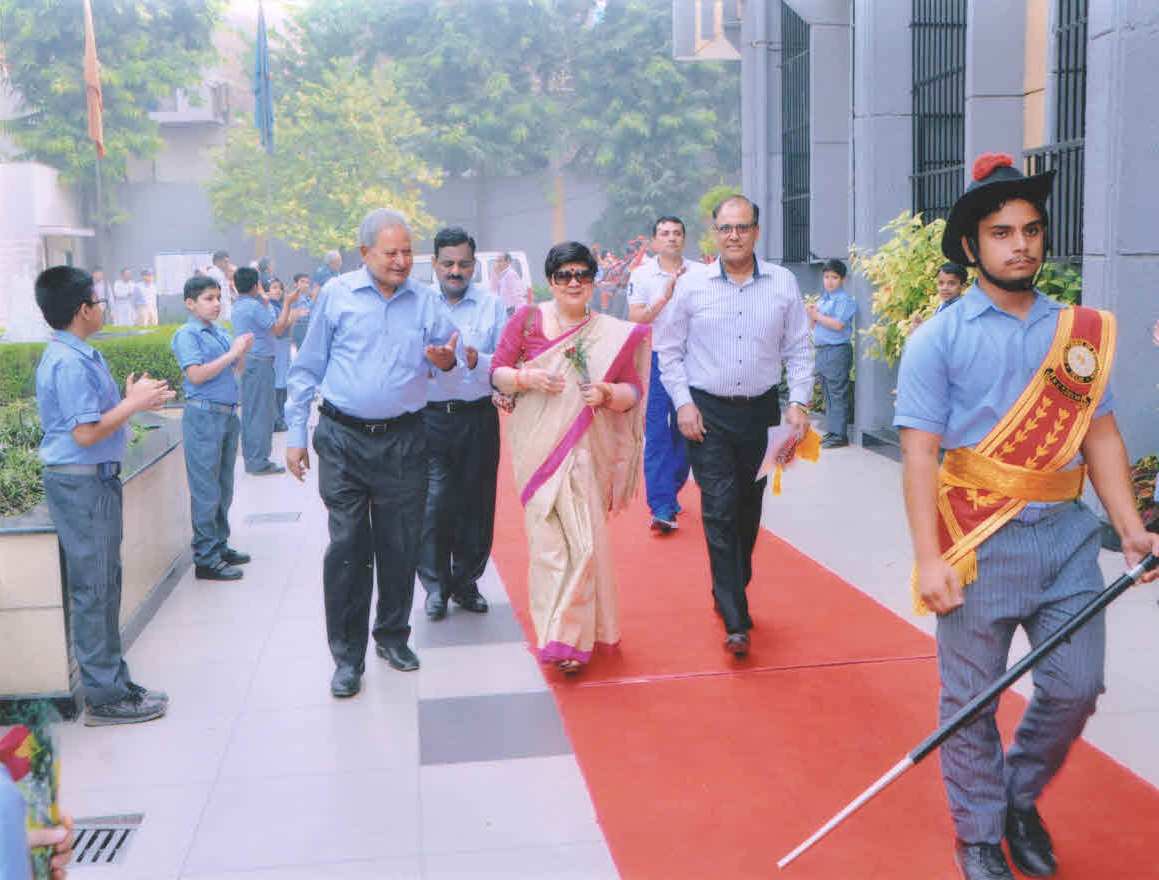
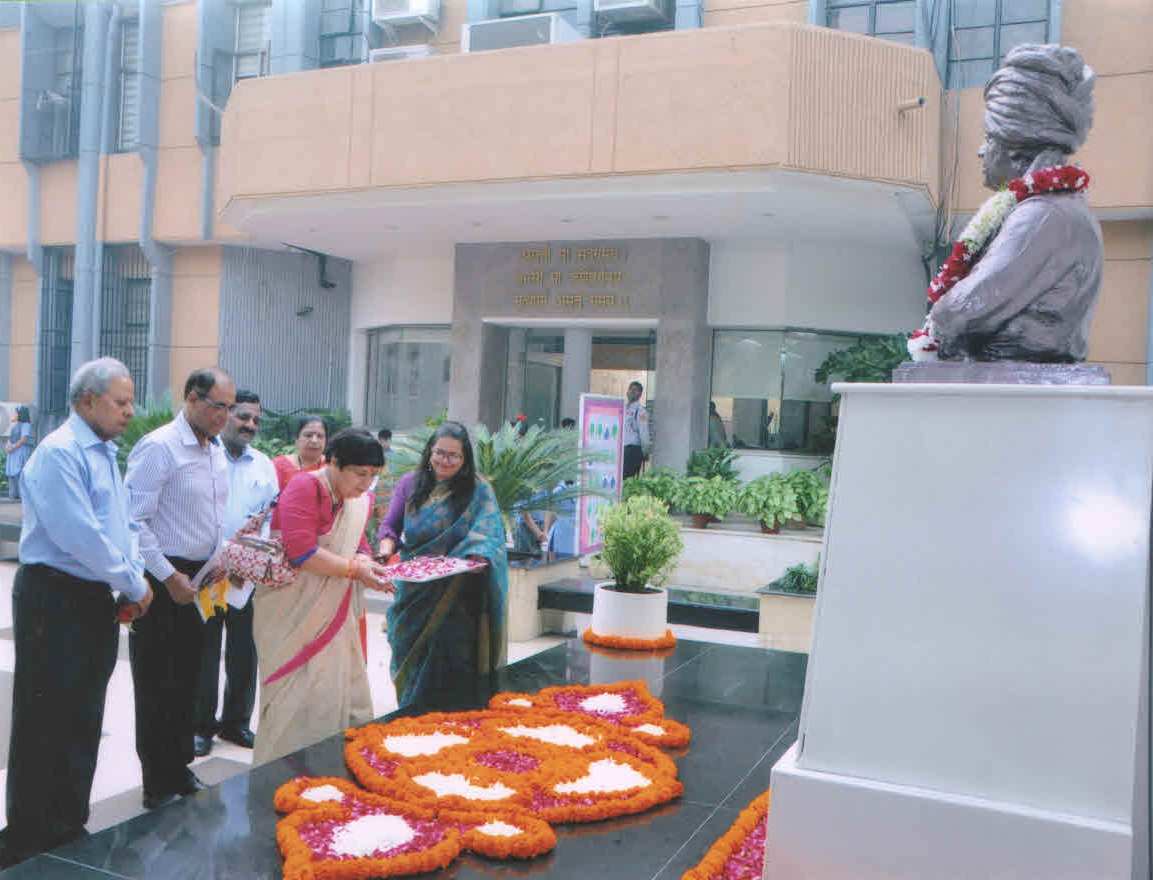
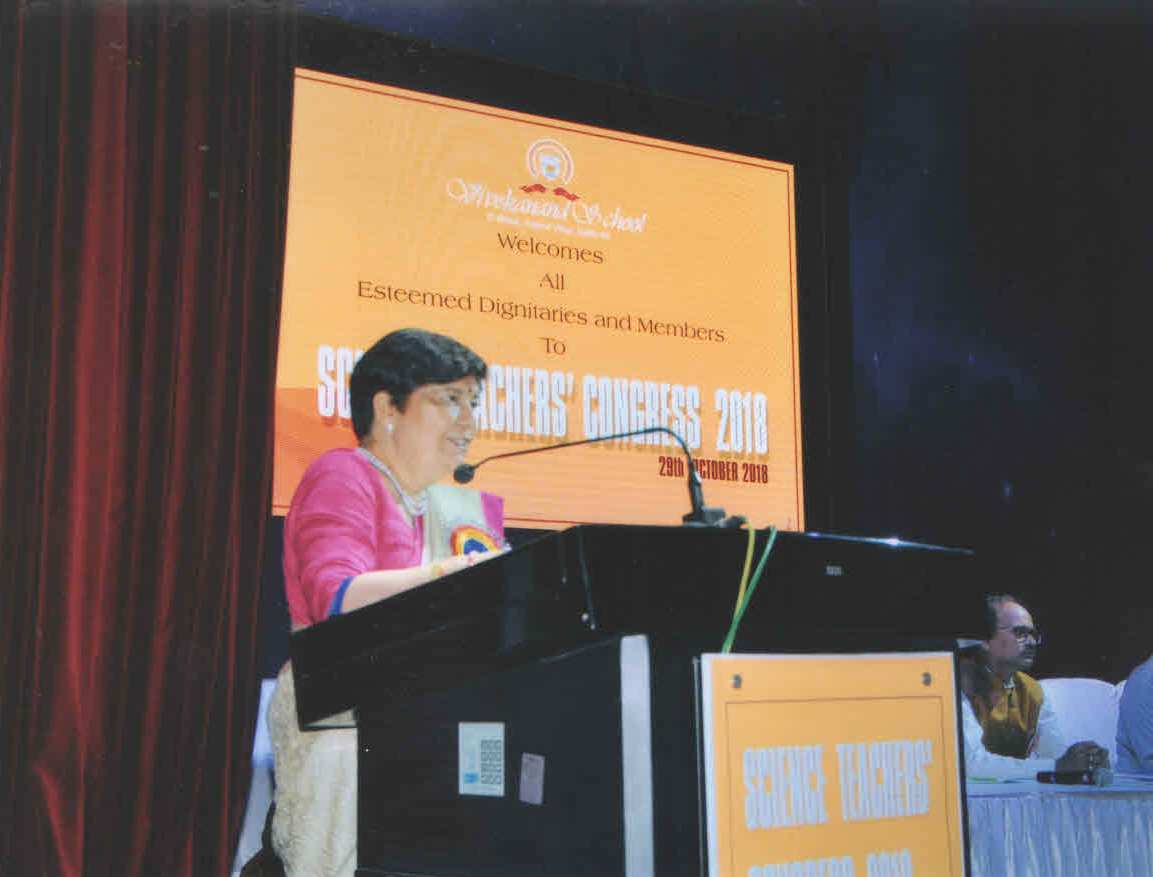
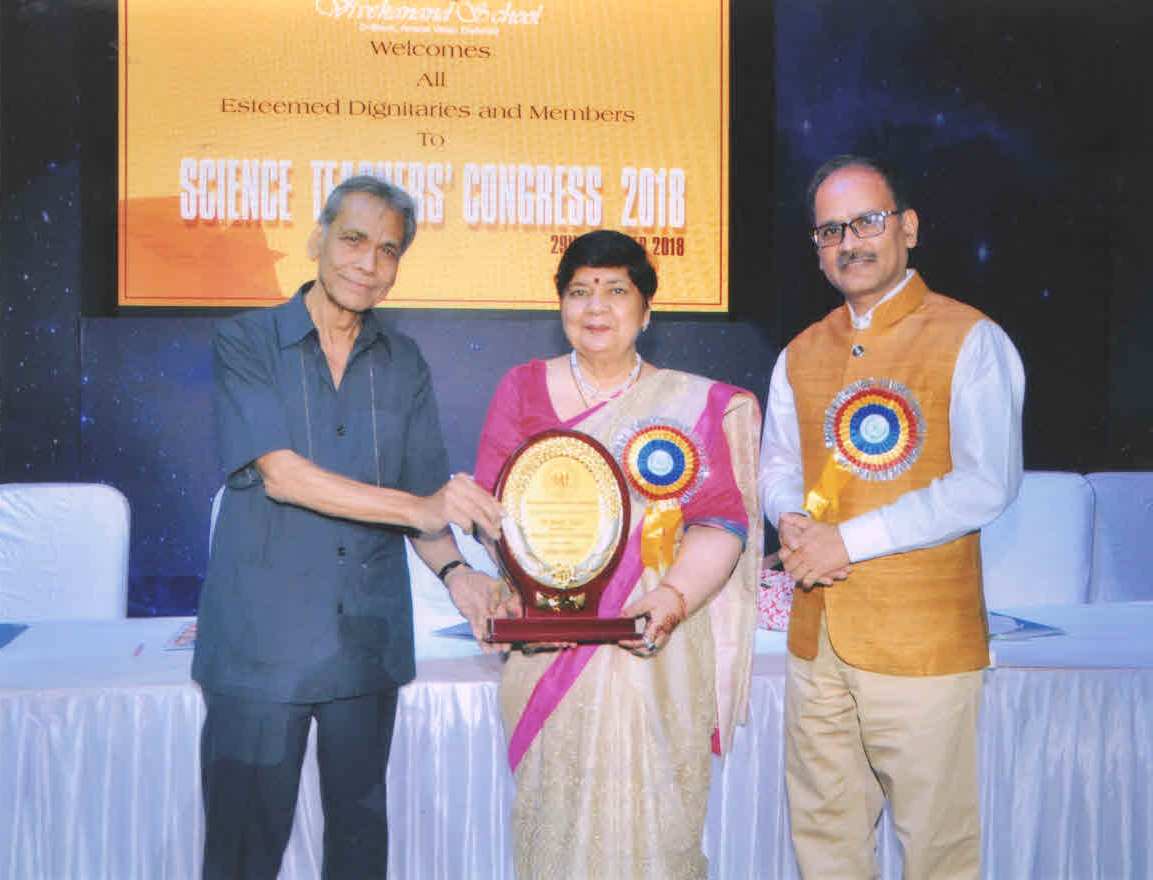
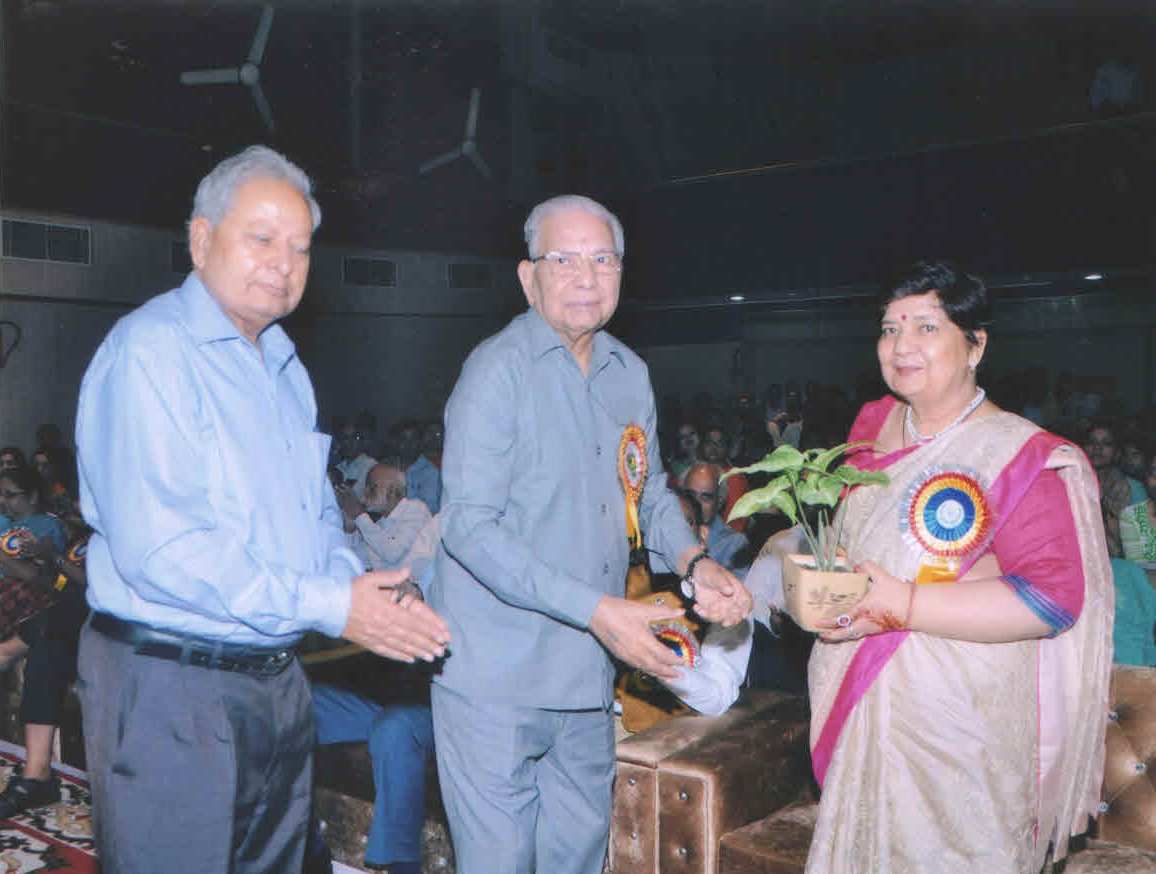
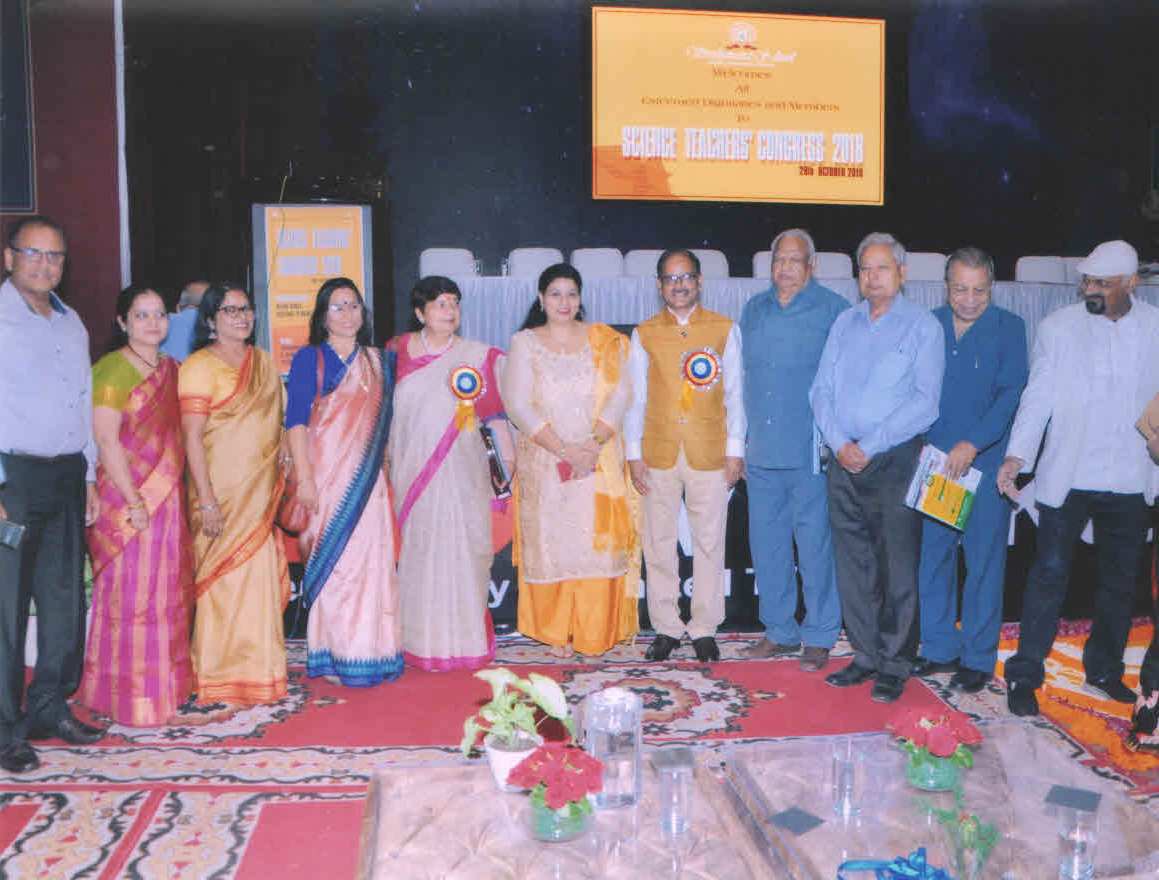
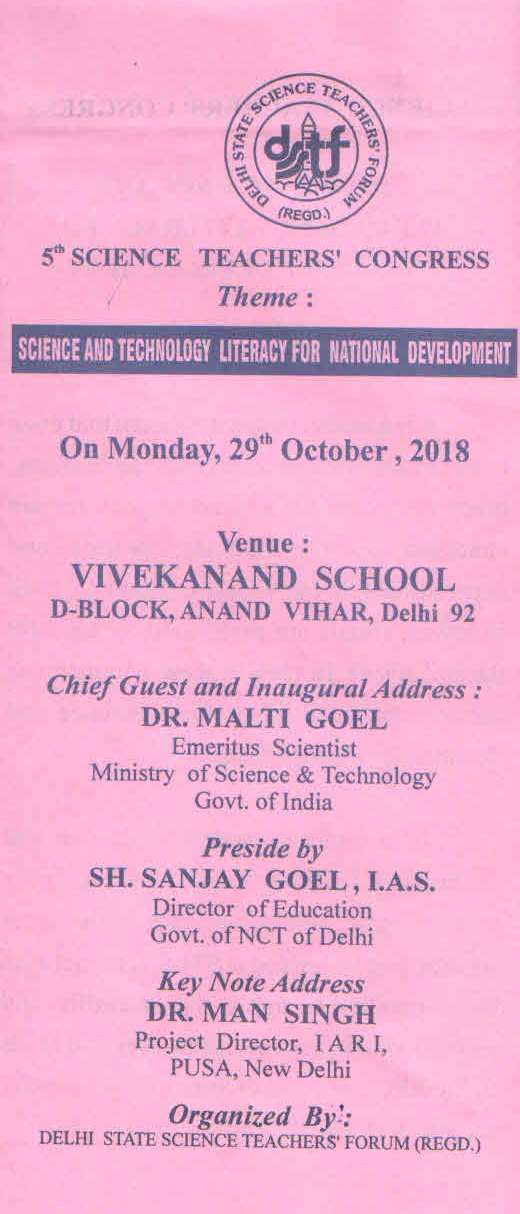 |
||||||||
Home | About us | Member | Brochure | Highlights | Education & Awareness | Our Patrons | Disclaimer | Copyright | Gallery | Contact |
||||||||
| Copyright © Climate Change Research Institute |
|